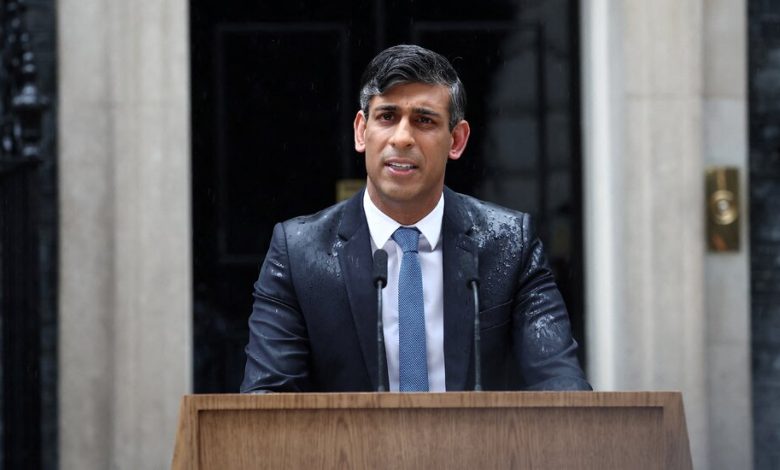Why Britain’s Murky Election Betting Scandal Is Causing Outrage

Rishi Sunak’s gamble was a considerable one. Five weeks ago, the British prime minister bet the house on his belief that a summer election might offer his Conservative Party a better chance of holding onto power than waiting until the fall.
Calling a snap election served as Mr. Sunak’s last roll of the dice. But it has since emerged that in the days before he stood forlornly in the pouring rain on May 22 and told the country he was going to the polls, a number of colleagues and underlings were placing bets of the more literal kind.
Reviewing data from the week before Mr. Sunak’s announcement, bookmakers noticed a spike in bets being placed on the election date. The amounts being staked were small — totaling just a few thousand pounds — but the sudden frenzy of activity was enough to warrant further investigation.
The question of whether these bets were being made by political officials, using insider knowledge of Mr. Sunak’s intentions to make a quick profit, has come to dominate what could be the Conservatives’ final days in power. It also encapsulates how some parts of the electorate perceive the party that has governed Britain for 14 years.
“The whole thing has reinforced the public’s prior concerns,” said Luke Tryl, executive director of More in Common, a research group. “It gets right to the heart of it: ‘One rule for them, and one rule for everyone else.’”